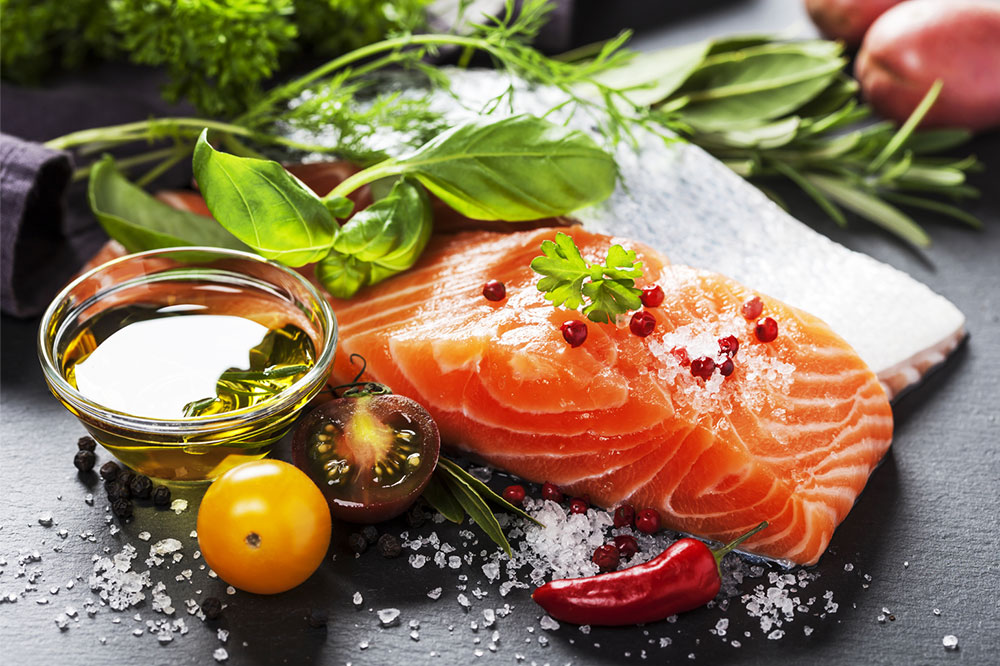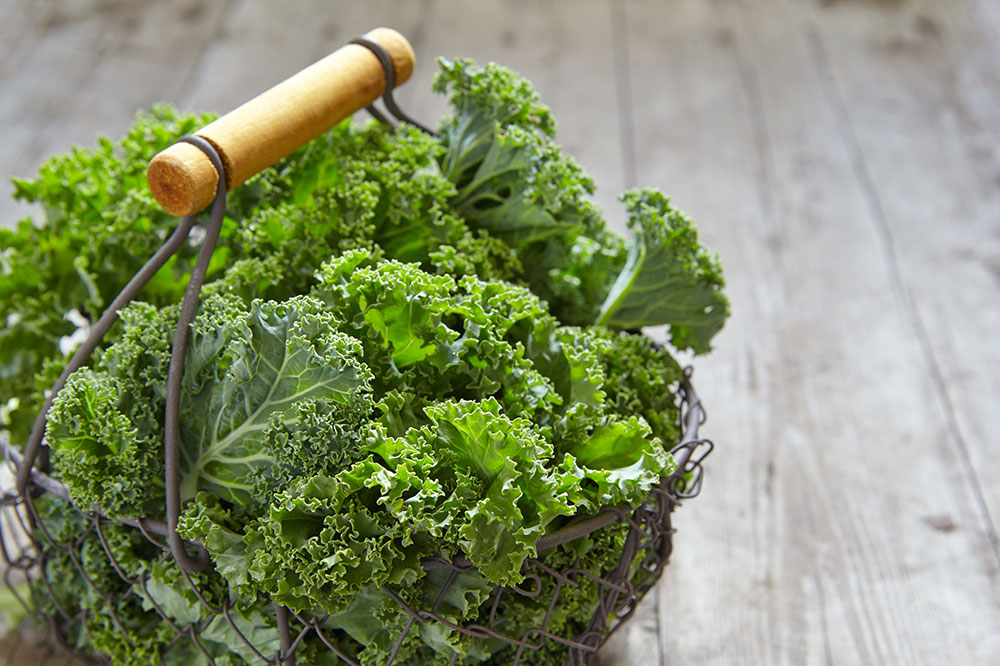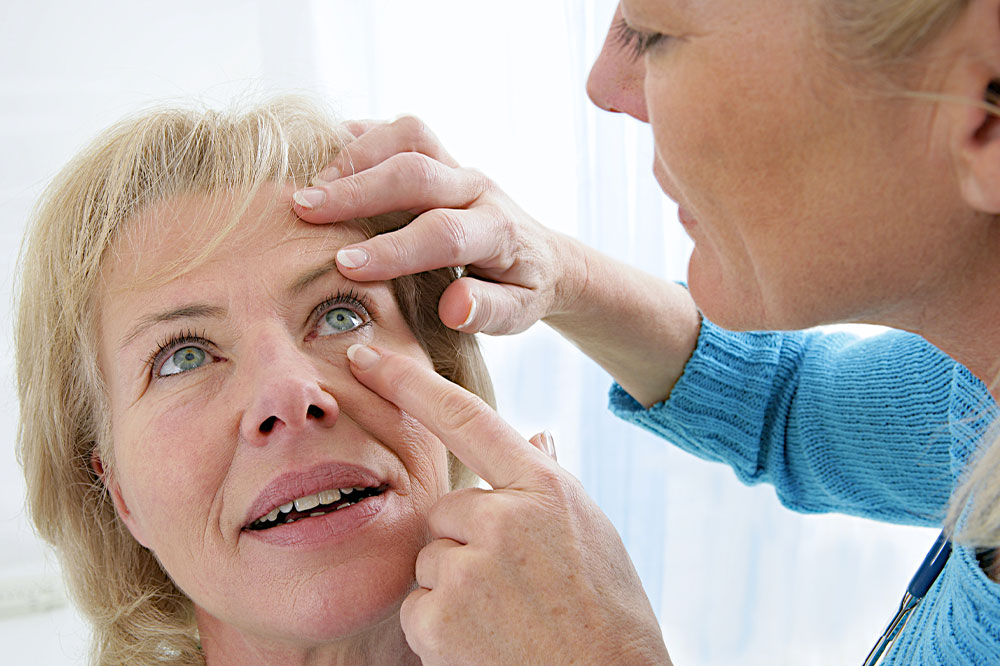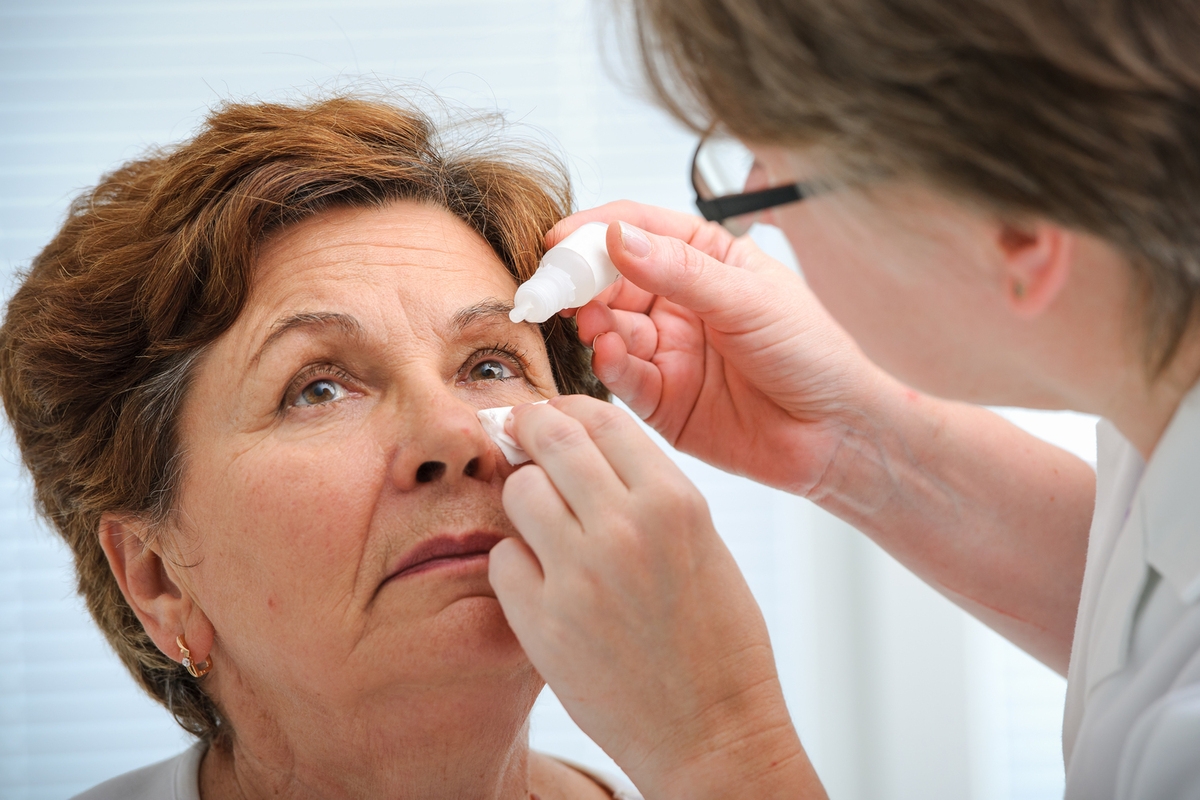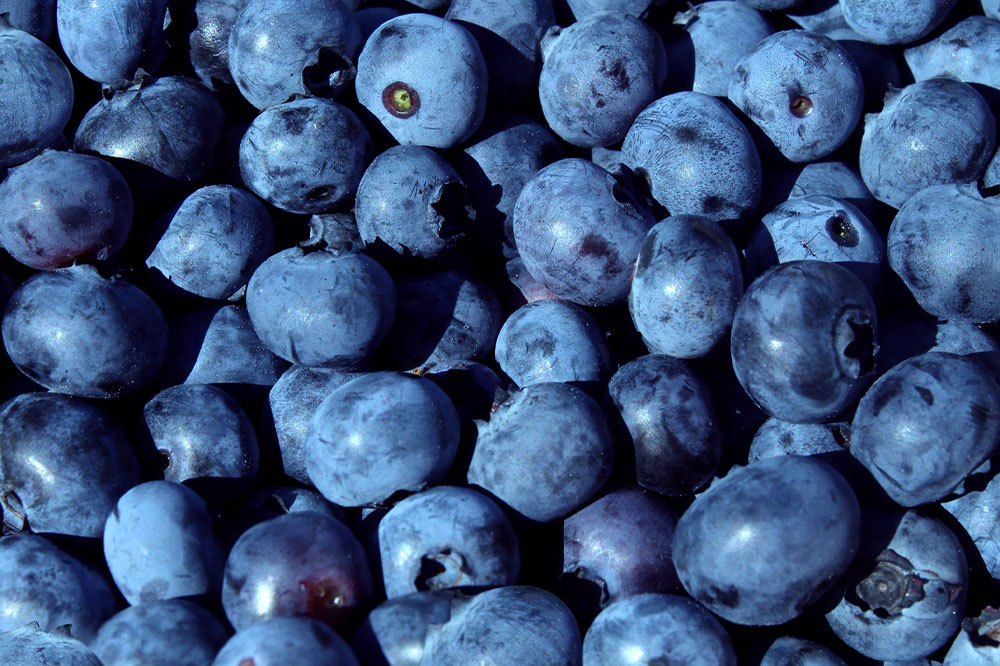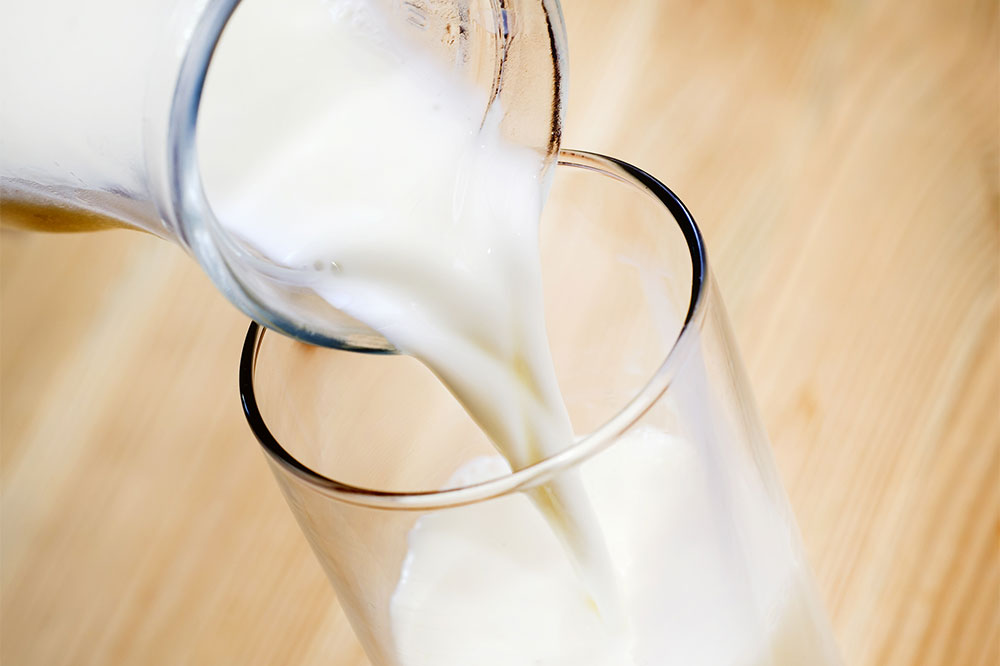Protecting Vision: Nutritional Strategies and Medical Options for Macular Degeneration
This article explores effective dietary tips and medical options for managing macular degeneration. It highlights essential foods rich in eye-supporting nutrients like carotenoids, vitamin C, and omega-3 fatty acids, and discusses treatments such as laser therapy, injections, and gene therapy. Avoiding processed foods and sugar is also emphasized to help prevent progression. Maintaining proper nutrition and seeking timely medical intervention can significantly help preserve vision and improve quality of life for those affected by this condition.
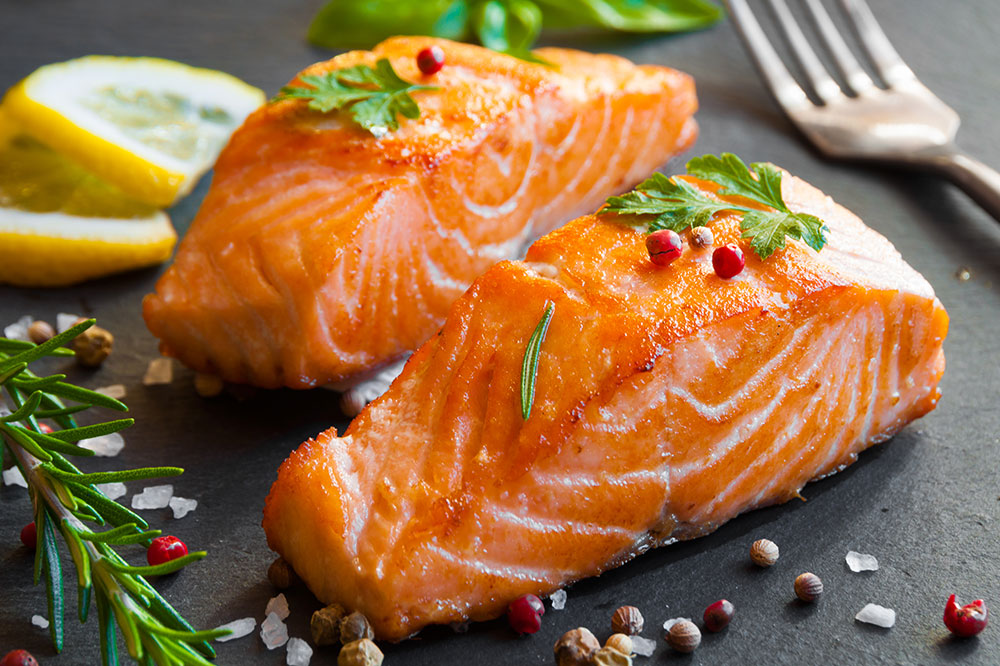
Protecting Vision: Nutritional Strategies and Medical Options for Macular Degeneration
Macular degeneration is a progressive eye disease that impacts vision by causing damage to the retina. It exists in two forms: dry and wet. Both lead to vision loss, with wet macular degeneration involving abnormal blood vessels leaking beneath the retina. This article covers dietary recommendations and treatments aimed at managing this condition effectively.
Recommended Foods
Leafy greens, carrots, and colorful vegetables
Dark-colored vegetables like spinach, kale, and carrots are rich in carotenoids, which support eye health and help prevent deterioration of vision.
Other vegetables such as sweet potatoes and peppers also contribute to eye health.
Fruits Rich in Vitamin C
Oranges, lime, and other citrus fruits
Fruits high in vitamin C, including oranges, kiwi, pineapple, and berries, assist in preventing vision decline and encourage collagen synthesis, which can reduce leaky blood vessels associated with wet macular degeneration.
Omega-3 Rich Foods
Fatty fish, nuts, seeds, and olive oil
Foods high in omega-3 fatty acids like salmon, walnuts, flaxseeds, and olive oil help prevent macular deterioration and promote overall eye health. They also contain vitamin E and unsaturated fats that aid in clearing blood vessels.
Additionally, maintaining a diet rich in these nutrients supports early vision preservation and overall eye wellness.
Foods to Limit or Avoid
Processed and Canned Foods
Patients should steer clear of canned and processed foods, including sodas, due to high levels of sodium and saturated fats. These ingredients can clog arteries and exacerbate blood vessel leakiness.
Sugary Beverages
Drinks loaded with sugar, such as sodas and sweetened carbonated beverages, negatively impact eye and overall health, and should be avoided.
Medical Interventions for Macular Degeneration
Laser Therapy
Laser photocoagulation is a prominent treatment for wet macular degeneration, where a laser activates medication injected into the eye, helping to seal leaky blood vessels and slow disease progression.
Intraocular Injections
Targeted injections deliver anti-VEGF drugs directly into the eye to prevent abnormal vessel growth and preserve vision. Timely administration is crucial for effectiveness.
Gene Therapy
This innovative approach involves injecting a gene that prompts the eye to produce anti-VEGF substances, reducing the need for repetitive injections and offering a promising alternative treatment option.
Note:
This article provides general information about symptoms, nutritional strategies, treatments, and possible side effects related to macular degeneration. It should not replace professional medical advice. Always consult healthcare specialists before starting any new treatment plans or making significant lifestyle changes.

